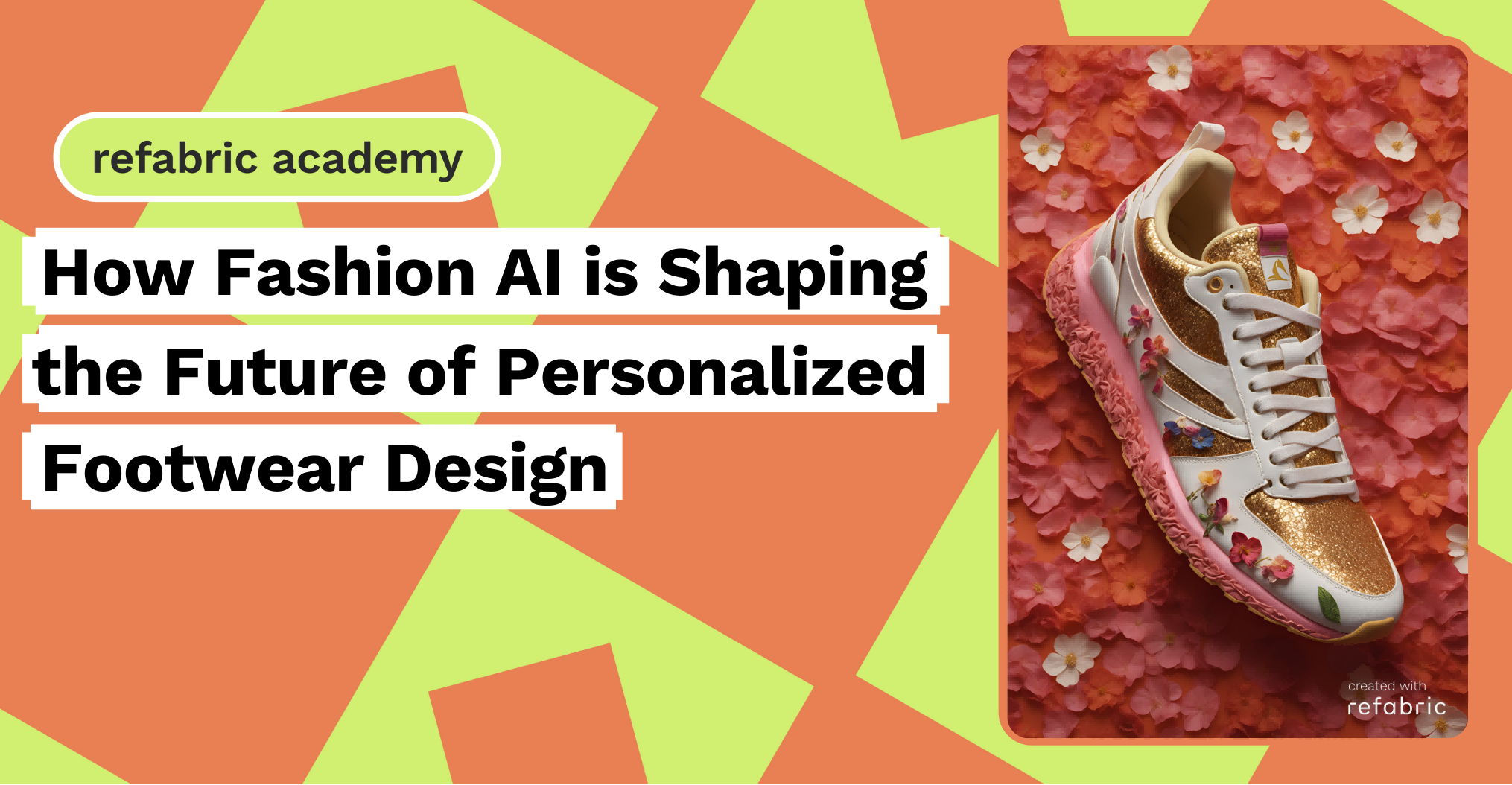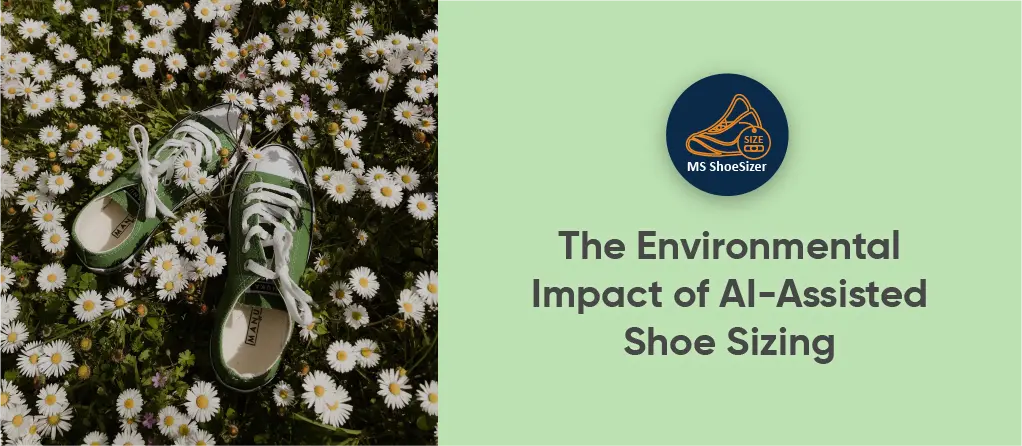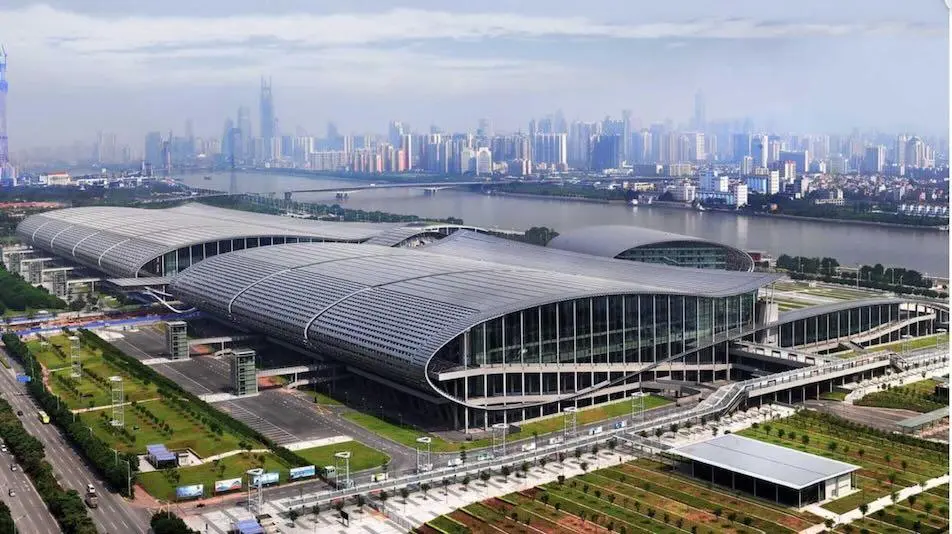How AI is Transforming the Shoes Manufacturing Industry
1. AI-Driven Design and Customization
One of the most exciting applications of AI in footwear manufacturing is its ability to assist in shoe design. Traditionally, designers relied on their intuition, experience, and trends to create new styles. AI, however, can analyze large datasets to predict fashion trends, consumer preferences, and even provide insights into the most ergonomic and comfortable shoe designs.
AI algorithms can study past trends, fashion shows, and social media to forecast what designs will be popular in the coming seasons. Moreover, AI-driven tools like 3D design software can help designers create and visualize new styles quickly, experimenting with different materials, colors, and structures. This allows for greater creativity and speed in the design process.
Additionally, AI enables custom shoe designs tailored to the individual. With AI-powered platforms, customers can input their personal preferences, foot measurements, and style choices, leading to the creation of shoes that fit perfectly and match their unique tastes. This level of customization not only increases customer satisfaction but also opens up opportunities for brands to offer bespoke products at scale.

2. Optimizing Production with AI
AI is also making waves in production facilities by optimizing the entire manufacturing process. AI-driven systems can monitor and manage production lines in real time, ensuring that the process runs smoothly and efficiently. Predictive maintenance, powered by AI, reduces downtime and helps prevent equipment failures by identifying potential issues before they become critical.
In traditional shoe manufacturing, many processes rely heavily on manual labor, which can lead to inconsistencies and inefficiencies. AI systems, however, can automate many repetitive tasks, such as cutting materials or stitching, with a high degree of precision. This not only speeds up production but also reduces human error, resulting in higher-quality shoes with fewer defects.
AI also plays a critical role in the supply chain. Machine learning algorithms analyze data from various sources to predict demand, optimize inventory levels, and streamline logistics. This leads to better forecasting and reduced waste, as manufacturers can produce exactly what’s needed without overstocking or understocking.
3. Enhanced Quality Control and Inspection
Quality control is a crucial aspect of shoe manufacturing, as defects can impact the comfort, durability, and overall appeal of the product. AI-powered vision systems are now being used for quality inspection, where cameras and sensors are integrated with machine learning algorithms to detect defects in shoes with incredible accuracy.
These AI systems can identify issues such as stitching errors, color mismatches, or material flaws that might be difficult for the human eye to spot. The advantage of AI in this process is its ability to work faster and more consistently, ensuring that every pair of shoes meets the desired quality standards before leaving the factory.
4. AI in Material Innovation
Material innovation is another area where AI is making a significant impact. Shoe manufacturers are constantly looking for new materials that are lighter, more durable, and eco-friendly. AI is aiding in the discovery of these materials by analyzing vast amounts of data from laboratories, research studies, and existing material properties.
Machine learning algorithms can simulate the performance of different materials under various conditions, helping manufacturers test out new ideas without having to produce physical prototypes. This process accelerates material innovation, leading to the creation of shoes that are not only high-performing but also more sustainable.

5. Personalized Shopping Experience
AI is also transforming the customer experience in the footwear industry. Online shoe retailers are using AI to personalize the shopping experience for each customer. By analyzing browsing history, purchase behavior, and demographic data, AI can recommend shoes that match individual preferences, styles, and sizing needs.
Additionally, AI-powered chatbots and virtual assistants are being employed to guide customers through the buying process, answering questions, suggesting products, and even providing personalized fit advice. This improves the overall shopping experience and helps customers find the perfect pair of shoes without needing to leave their homes.
6. Sustainability and Waste Reduction
Sustainability is a growing concern for consumers, and AI is helping the shoe industry address this challenge. AI-powered software can analyze the entire lifecycle of a shoe, from raw material sourcing to production and end-of-life disposal. By optimizing material usage and manufacturing processes, AI helps minimize waste and reduces the environmental footprint of footwear production.
AI can also assist in designing shoes with longer lifespans, using more sustainable materials or innovative recycling methods. For example, AI can help Design Shoes that are easier to disassemble, allowing for better recycling and reuse of materials when the shoe reaches the end of its life.

7. AI and Consumer Insights
Understanding consumer preferences is key to a successful shoe business. AI helps manufacturers and retailers analyze vast amounts of customer data to gain insights into what drives purchasing decisions. This data-driven approach allows companies to adjust their product offerings, marketing strategies, and sales tactics in real-time.
By using AI to track customer reviews, social media trends, and purchasing patterns, shoe brands can identify what types of shoes are in demand, where the market is headed, and how they can improve their offerings. This intelligence enables them to make informed decisions about product launches, pricing strategies, and marketing campaigns.
Conclusion
AI is rapidly reshaping the footwear manufacturing industry, offering a host of benefits from design and production to customer service and sustainability. With its ability to optimize production, enhance design capabilities, improve quality control, and personalize the customer experience, AI is helping shoe manufacturers stay competitive in a fast-paced and ever-changing market.
As AI technology continues to evolve, the potential for innovation in the footwear industry is boundless. Brands that embrace AI are not only improving their operational efficiencies but are also positioning themselves to meet the growing demand for customization, sustainability, and innovation in the world of footwear.
Citation:
Generative AI – The world of Fashion & Retail
How Fashion AI is Shaping the Future of Personalized Footwear Design
Time Based Design - Evolve Ai Footwear Epidermis











